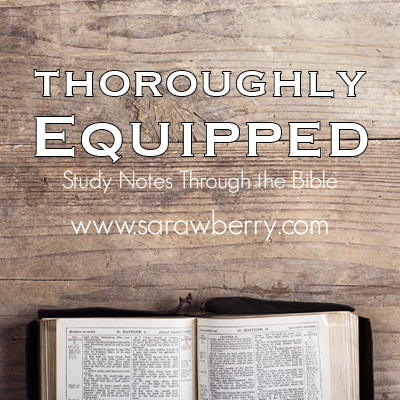Today’s reading includes Deuteronomy 26:1-27:26, Luke 10:38-11:13, Psalm 76:1-12, Proverbs 12:15-17.
In our reading today, we come across a seemingly strange activity God’s people were called to do after the crossed the Jordan into the Promise land. They were to divide the whole of the people into two groups. The tribes of Simeon, Levi, Judah, Issachar, Joseph, and Benjamin were to stand on Mount Gerizim and the tribes of Reuben, Gad, Asher, Zebulum, Dan, and Naphtali were to stand on Mount Ebal. Six on one mountain, six on the other, facing each other. The first group were to loudly proclaim a blessing over the people and the other group were to proclaim a curse. The tribes on the side of blessing were from the birth children of the free women, Rachel and Leah. The other six who proclaimed the curses were from their concubines, sons of Zilpah and Bilhah, as well as Zebulun, the youngest of Leah’s sons, and Reuben, the oldest.
The idea was that the blessings of following God and His instructions would be shouted and echoed across the Promise land in declaration that this was their belief and it was right.
In the same way, the curses were to be shouted across the land. These curses were related to the consequences of disobedience to God and His instructions and would only be seen if the people did not follow and obey God.
The priests stood in the valley between the two and shouted more curses (or declaration of consequences) of what would happen if the people disobeyed God. To these curses, all the people would shout Amen, which means “so be it” or “I agree” or “it is true”.
The fact that the priests shouted curses and consequences was in contrast to what the Lord had told them to do on a daily basis, and that was to proclaim blessing on the people, as we read in Numbers 6.
22 The Lord spoke to Moses, saying: 23 Speak to Aaron and his sons, saying, Thus you shall bless the Israelites: You shall say to them,
24 The Lord bless you and keep you;
25 the Lord make his face to shine upon you, and be gracious to you;
26 the Lord lift up his countenance upon you, and give you peace.
Numbers 6:22-26
So, why was this important for them to do, just after they entered the Promise land? First of all, it was a way to take back the land. As they first entered the land, it was still occupied by groups who did not follow God or His ways. They were declaring that things were about to change. It was also a declaration that God’s people were not to fall into the patterns of the people around them. And as the blessings and curses were declared between the two mountains, and their agreement with them, the truth of it echoed across the land.
This time of shouting from one mountain top to the other was also symbolic of what was to come. Where were the priests? They were in the middle between the blessing and cursing. Who is the greatest High Priest? Jesus of course. As the people shouted the blessings of obedience and the curses of disobedience, and their agreement of these truths, surely they were also prophetically acknowledging that only through Jesus, the High Priest, could the curse of sin cross over to the blessing of salvation. Only, Jesus, the bridge between a sinful people to a holy God could connect the two and bridge the gap between the mountain of curses to the mountain of blessing.
10 For all who rely on works of the law are under a curse; for it is written, “Cursed be everyone who does not abide by all things written in the Book of the Law, and do them.” 11 Now it is evident that no one is justified before God by the law, for “The righteous shall live by faith.”[d] 12 But the law is not of faith, rather “The one who does them shall live by them.” 13 Christ redeemed us from the curse of the law by becoming a curse for us—for it is written, “Cursed is everyone who is hanged on a tree”— 14 so that in Christ Jesus the blessing of Abraham might come to the Gentiles, so that we might receive the promised Spirit[e] through faith.
Galatians 3:10-14


